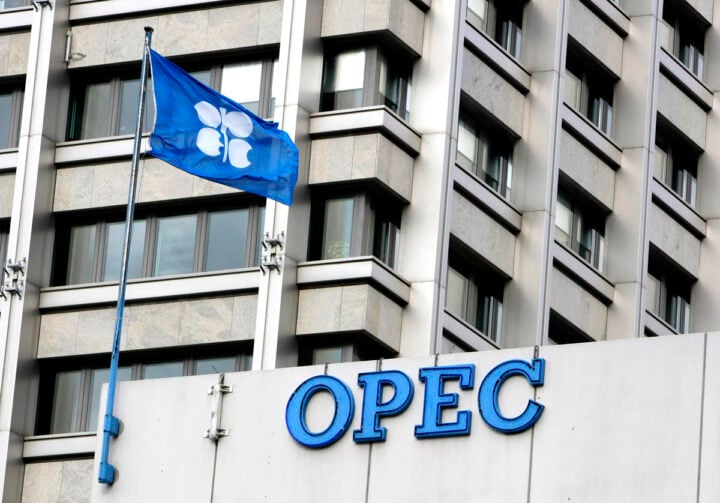Yemi Cardoso, governor of the Central Bank of Nigeria (CBN), says efforts made towards taming inflation are yielding the desired results.
Cardoso said the financial regulator has been reducing liquidity in the banking industry as part of its efforts to manage soaring inflation — which stood at 27.33 percent in October, up from 26.72 percent in September.
He spoke on Friday at the 58th annual bankers’ dinner and grand finale of the 60th anniversary of the Chartered Institute of Bankers of Nigeria (CIBN) in Lagos.
In September 2023, Cardoso was nominated by President Bola Tinubu and confirmed by the senate as governor of the apex bank.
Advertisement
Since his assumption, the economic and financial expert has introduced policies to restructure and improve the economy.
Speaking on addressing monetary and price instability, the CBN governor said there has been so much work done underground to review the effectiveness of the bank as well as the monetary policy committee policies.
Cardoso said to ensure a stable exchange rate and controlled inflation, he and the team “have spent time fixing the transmission mechanism to ensure the decisions of MPC meetings actually result in desired objectives”.
Advertisement
“This is what I, together with my team at the Central Bank, have been focused on doing in the past two months,” he said.
“We have critically reviewed the effectiveness of the Central Bank’s monetary policy tools and have spent time fixing the transmission mechanism to ensure the decisions of MPC meetings result in desired objectives.
“For quite some time, there has been a dislocation of our monetary transmission mechanisms rendering the MPC meetings largely ineffective.”
‘SLOWED INFLATION, REDUCED EXCESS LIQUIDITY, – RESULTS IN TWO MONTHS’
Advertisement
Highlighting how the fixed monetary tools have begun to yield results, Cardoso said regular open market operations (OMO), treasury bills, standing deposit facility (SDF) and cash reserve requirement (CRR) have been used to mop up excess liquidity from the banking system.
“An OMO auction was recently held with a stop rate of 17.5% for the one-year tenor, attracting an oversubscription of N350 billion. Another round of OMO has been approved to further reduce excess liquidity,” he said.
“Offering N108.1 billion worth of treasury bills with three tenors to the investing public, which can help reduce liquidity in the banking system and support government fundraising.
“Removal of the cap on the remunerable Standing Deposit Facility (SDF) to increase activity in the SDF window and manage liquidity.
Advertisement
“Sustained Cash Reserve Requirement (CRR) debits, which have moderated liquidity in September and October 2023. Liquidity in the entire banking sector has been significantly reduced to under N100 billion in November.
“Inauguration of a new liquidity management committee within the Bank that meets daily at 8am to assess liquidity conditions and ensure optimal levels.”
Advertisement
Cardoso further said these measures have already started to yield results, as excess liquidity in the banking system has significantly reduced.
He also said overnight bank borrowing (OBB) rate has increased to a level consistent with the monetary policy program.
Advertisement
The apex bank chief said the efforts have begun to impact inflation, resulting in its growth rate decline.
“Month-on-month inflation has also begun to decline, with a growth rate of 0.67 percent in October compared to 0.97 percent previously,” he said.
Advertisement
“While absolute inflation is still rising, the declining rate of growth indicates progress.”
Cardoso said he is confident that with continued tightening measures for the next two quarters, the apex bank will be able to effectively manage inflation.
According to the governor, CBN is committed to achieving monetary and price stability because they have real-life implications for the well-being of Nigerians.
Cardoso said targeted policies, transparent market operations, and coordination between monetary and fiscal authorities can ensure a more stable exchange rate, control inflation, and create an enabling environment for businesses and individuals to thrive.






